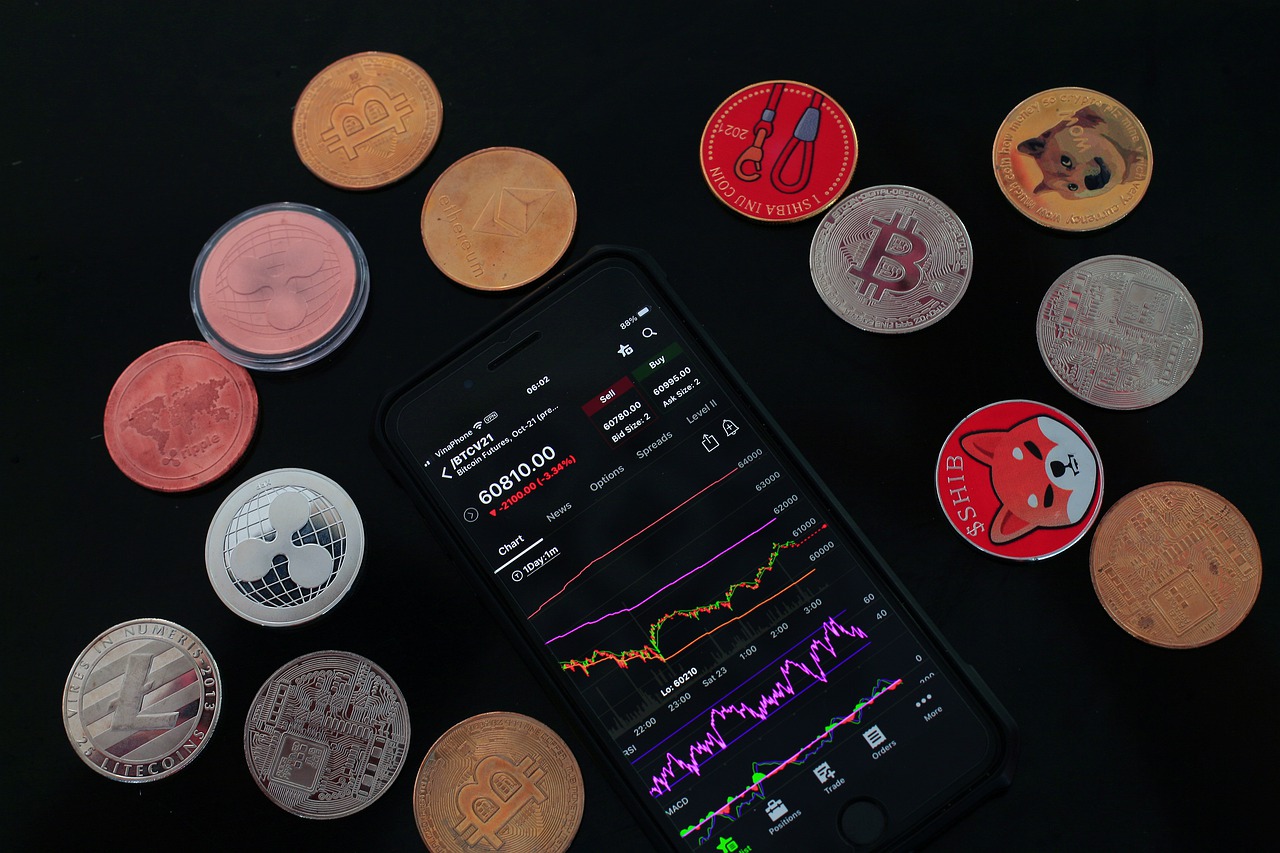Last Updated on: 21st November 2023, 08:35 pm
What is cryptocurrency?
Cryptocurrency is a decentralised digital or virtual currency that is based on blockchain technology. It acts as a medium of exchange that is outside the control of central authorities and governments.
Cryptocurrencies allow two parties to securely transfer funds directly without the help of any third party. But cryptocurrency transactions are vulnerable to illegal activities due to their semi-anonymous character.
How does HMRC charge tax on cryptocurrency?
For many traders and investors, cryptocurrency is a rapidly expanding market. HMRC (Her Majesty’s Revenue and Customs) has taken notice of the recent expansion and interest in the cryptocurrency market and has issued instructions for anyone who own crypto assets, outlining what taxes they may be liable for and what documents they must preserve. Crypto trading, payments, income, mining, gifts, and commercial activities are covered by the tax regulations.
It’s vital to remember that HMRC does not consider cryptocurrencies or other crypto assets to be a form of money or currency but rather an asset.
HMRC has divided crypto assets into four categories to address the problem of how they are taxed.
- Token exchange:-
They are commonly referred to as cryptocurrencies and are designed to be used as a form of payment. Bitcoin, Litecoin, Ethereum, and other cryptocurrencies are examples of token exchange.
- Security tokens:-
These are tokens that have certain rights or interests in a company, such as ownership, payback of a specific amount of money, or the right to a portion of future revenues. According to the government’s definition in the Financial Services and Markets Act (2000), these are “specified investments”.
- Utility tokens:-
Utility tokens are redeemable for specific products and services often delivered utilising a distributed ledger platform. As a result, they give the bearer access to particular goods or services on a platform, usually through DLT.
- Stablecoins:-
Stablecoins are crypto-assets whose value is tied to that of conventional money or other assets.
Individuals are taxed differently depending on how you use cryptocurrencies and other crypto assets.
Do you need to pay taxes when you send crypto assets?
When you trade, sell, or exchange cryptocurrencies, you are almost certainly subject to Capital Gains Tax. When you use cryptocurrencies to purchase goods and services or give them away to another person (other than your spouse), you may be subject to Capital Gains Tax.
You don’t have to pay Capital Gains Tax on the value of tokens for which you’ve already paid Income Tax. After you’ve acquired them, you’ll still have to pay Capital Gains Tax on the gain you’ve made.
You must calculate your profit for each transaction to see if you must pay Capital Gains Tax. The margin between what you spent for an asset and what you sold it for is usually your gain.
Do you need to pay taxes when you receive crypto assets?
Any cryptocurrency you earn through work or mining is considered as your income.
If you get tokens as a source of income, you’ll have to keep track of them and may have to pay income tax and National Insurance contributions. If you get tokens due to mining but do not intend to trade them, they will be classified as other taxable income.
You’ll have to file a Self Assessment tax return in that situation. You can, however, skip this step if:-
- You have crypto assets worth less than £1,000 in your possession.
- You have less than £2,500 in untaxed earnings.
If an employer pays you in crypto-asset exchange tokens, you need to ensure whether the tokens are easily convertible.
If they are readily convertible assets, your employers must pay your Income Tax and National Insurance contributions through PAYE before paying you your salary. They’ll also deduct tax and contributions from any additional wages you earn during that period.
If they pay your taxes on your behalf, you must compensate them within 90 days of the tax year’s end.
If either of the following applies, your employer will pay your income tax on your behalf:
- They pay you in tokens only.
- They cannot deduct the entire sum from your other income.
If your assets are not readily convertible and your employer has not paid your income tax through PAYE, you must file a Self-Assessment tax return and pay your own tax.
If you are unable to understand whether you need to pay tax on your cryptocurrency, then you can consider choosing an accountant or tax advisors near me to help you with it.
Sophia is a full-time financial writer at experlu. she is a passionate blogger and love to share her knowledge on various subject. Content created by Experlu– are loved, shared & can be found all over the internet on high authority platforms.








